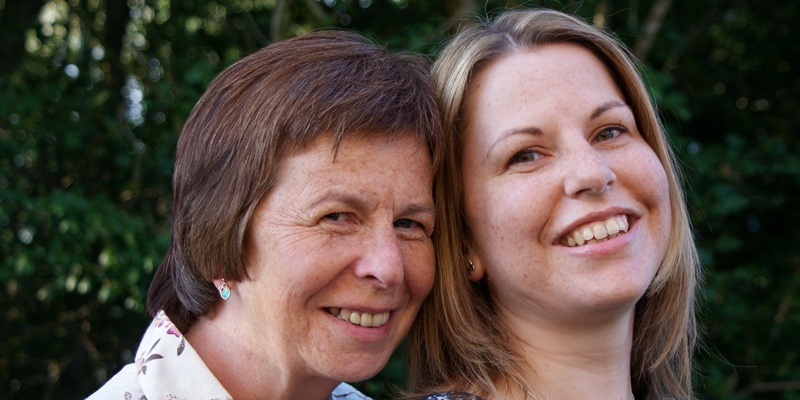A Fife doctor has been given the gift of life after her mother donated part of her liver.
Susan Alexander (33), of Glenrothes, was gravely ill and had her life on hold as she waited for a donor when Sheila Filsell (56) decided to go under the knife to save her daughter.
Having stopped work and postponed her wedding as she waited for the transplant, Mrs Alexander was married to Grant (34) last month and has started shifts as a locum. She is now calling for more people to sign up to the Organ Donor Register and give others like herself a future.
Dr Alexander said: ”You are more likely to need a transplant than become a donor and although most people would be happy to donate their organs, a lot of them don’t get around to registering or telling their family their wishes.”
She was only the second person in Scotland to have a liver transplant from another living person. The procedure carried risks for both mother and daughter.
But without the live transplant, Dr Alexander could have been in a life-threatening situation, with pre-cancerous cells found in her bile duct, and she faced an indefinite wait for an organ from a deceased donor.
She said: ”It wasn’t the best-case scenario, to put somebody else through that. If there were more organ donors we wouldn’t have had to go down that route.”
Waiting for a transplant meant Dr Alexander was unable to work for a year and a half. She spent months sitting at home with her bag packed, waiting for a phonecall to say a donor had been found.
She said: ”I can’t emphasise enough how much a transplant can change your life, and how difficult it is on the waiting list your life is totally on hold.”
According to a survey, an estimated 96% of people would be willing to donate their organs upon their death, however only about a third of Scots have joined the Organ Donor Register. There are around 600 Scots awaiting a transplant.
Dr Alexander said people are put off signing up because death is a sensitive subject.
She was put on the waiting list because she suffered from primary sclerosing cholangitis, which is a chronic disease of the bile ducts that can progress to cirrhosis and liver failure.
Having lived with the disease for a decade, her health took a sudden turn for the worse in May last year.
Dr Alexander contracted a bile duct infection, which developed into liver failure, pneumonia and kidney failure. At one stage during her treatment in the high dependency unit of Ninewells Hospital she also found herself on a ventilator for respiratory problems.
As a doctor, she was fully aware of how serious her illness was. As the need for a liver transplant became increasingly urgent, Mrs Filsell underwent tests to find out if she would be a compatible donor.
The operation was carried out at the Royal Infirmary of Edinburgh in February, giving Dr Alexander a new lease of life.
Although dr Alexander was only given a part of her mother’s liver, the organ regenerates and will grow to the required size.
Having been married at St Margaret’s Church in Glenrothes, the Alexanders recently enjoyed a honeymoon in the north of England.
Dr Alexander, who has to take medication for the rest of her life to prevent her body rejecting the organ, has been advised to stay in the UK for a year after surgery.
She said: ”If I hadn’t had the operation I could still have been waiting, but the chances of me dying before I got a transplant seemed to be higher than the one in 200 risk to the donor.”To find out more about donation, visit organdonation.nhs.uk.
